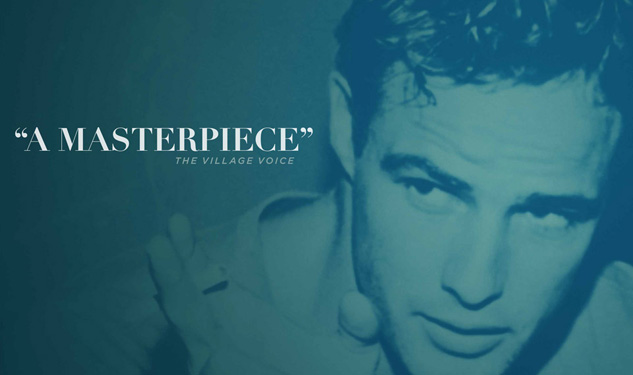
- Festivals
Melbourne Diaries – Marlon Brando: In His Own Words
From July 30 to August 16 the second largest city in Australia, has been living and breathing film: Melbourne is hosting its annual Film Festival, created in 1952 and one of the oldest international events in the festival circuit. Over the span of three weeks, the event, has managed to jam pack a true marathon of screenings that includes all kinds of film. There’s no lack of Spanish and Latin American titles, innovative presentations and pictures coming straight from festivals such as Cannes, Berlin and Sundance. That’s exactly the case with Listen to Me Marlon, a passionate documentary which allows fans of the legendary actor to venture deeper than ever before into his life, particularly in regards to his later years, when the two time Oscar winner and five time Golden Globe winner (an award for which he had received an additional five nominations) was very reluctant when it came to sharing his thoughts with the press. Even when he was more accessible and interviews were part of his daily routine, Brando wasn’t known for his candor, which in turn added a sense of mystery to his public persona. The film, which was greeted with enthusiasm in Sundance where it first premiered and is now playing in select theaters across the United States, was premiered at the Melbourne Festival on August 1, to a considerably full theater in the heart of the city. Undoubtedly what makes Listen to Me Marlon stand out when compared to other biographical documentaries is that the narrator is Brando himself. As a hobby, he would record his thoughts on an old tape recorder, leaving over 200 hours of recordings following his death. In the tapes Brando analyzed his own films, discussed his childhood, his parents and his relationships with women. The tapes include even his sessions of self-hypnosis. In fact the film’s title, Listen to Me Marlon, is a phrase the actor says of himself during these sessions. Veteran British documentarian Stevan Riley complements this unique material with excerpts of every interview Brando gave, bits and pieces of news stories where the actor was mentioned, and an excellent series of clips from Brando’s most successful films, such as The Godfather and On the Waterfront, and even the infamous A Countess from Hong Kong, Charles Chaplin’s last work as a filmmaker, and certainly not his greatest. Riley also makes clever use of a digital image of his face that Brando took as an experiment back in the 80s, turning it into a ghostly image of the narrator. The film takes its time to explore major events in Brando’s life, such as his falling in love with Tahiti while shooting Mutiny on the Bounty, the issues that arose during filming, Brando’s conflicting relationship with his abusive alcoholic father and his sweet but alcoholic mother. The documentary also portrays him as a complex human being: a compulsive womanizer, who seduced girls even during interviews; a fighter for social justice, fascinated with Martin Luther King Jr. and the indigenous peoples of North America; and a father who was powerless in the face of the drama that engulfed his family at the start of the 90s when his son Christian killed his sister Cheyenne’s boyfriend a few years before her suicide at 25. However, the film doesn’t include Brando’s other kids – an odd choice, considering that he had been a father on 12 different occasions. Gabriel Lerman

